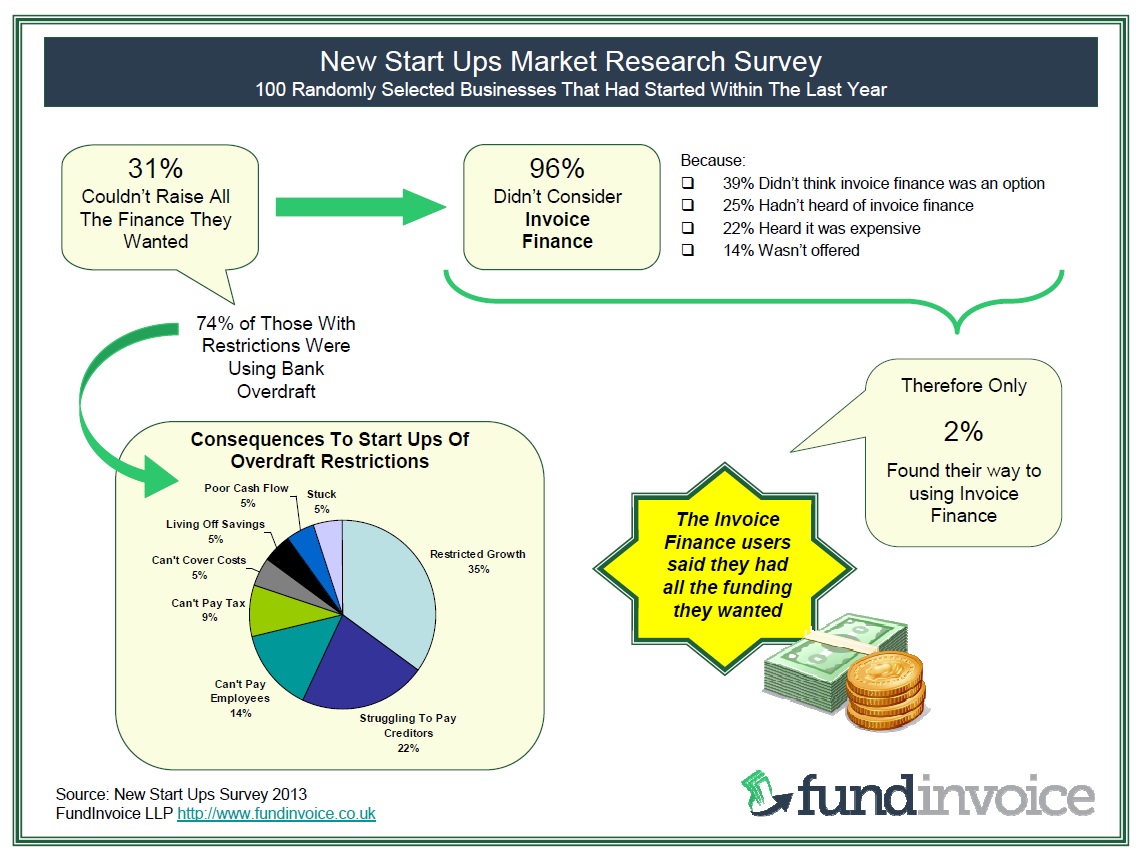

If your business is new or doesn’t qualify for a traditional business loan, invoice factoring may be one of the few financing options available to you. If you have a damaged personal credit score, invoice factoring may be a better option-or your only option-than other types of business lending that have more stringent qualification requirements. Invoice factoring may be a faster and simpler way to improve your cash flow without taking out a business loan or line of credit. Pros and Cons of Invoice Factoring Pros of Invoice Factoring Then, compare their fee schedules and qualification requirements to find a company that matches your specific business situation. Start by finding invoice factoring companies that work with your specific industry. Invoice factoring companies can charge different fees, have different minimum invoice amounts and work with different industries. There are many ways to compare an invoice factoring company.
#Invoice factoring for startups how to#
How to Choose an Invoice Factoring Company Further, non-recourse factoring fees are generally higher because it’s riskier for factoring companies. Third-party factoring companies take on more risk through non-recourse factoring because they cannot require you to buy an invoice if a customer does not repay it.īecause recourse factoring poses less risk to the factoring company, it’s typically the more common agreement. If a customer doesn’t pay their invoice, businesses in a recourse factoring agreement are required to buy back that invoice from the factoring company at the end of the term. There are two types of invoice factoring: Initial advance (80% of the invoice value) Here’s an example of how much you’d pay and receive in total. Let’s say you sell an invoice that has a value of $25,000, receive an advance rate of 80% and pay a 5% factor fee. Factor fees, whether fixed or variable, typically range from 0.50% to 5% per month an invoice remains outstanding. Once the unpaid invoices are collected, the factoring company pays the business the remaining balance minus the factoring fees. Then, the factoring company will collect payment from the customers. When a company sells its invoices to a factoring company, it typically receives 70% to 95% of the total invoice value-known as the advance rate.

It’s typically best for companies that generate invoices to other businesses and are in need of quick funding with flexible qualification requirements. Invoice factoring is a small business loan alternative that lets businesses sell their invoices to a third-party factoring company, which then collects the payments from customers. On National Funding's Website What Is Invoice Factoring?


 0 kommentar(er)
0 kommentar(er)
